Yemen Is Collapsing
Yemen is showing up on news on rare occasions. It is a land of war and famine. Yemen is in short supply. A long-running blockade and a currency crash have paralyzed commerce and development. State rule is a largely notional concept.
But not so in Shabwa. According to the Los Angeles Time, “Markets appear crowded, even if buyers seem few, in the oil rich province…” Funding and crews work to pave highways are flowing in. The only security forces on the streets are those loyal to the government.
Without the central government vacuuming up all of Shabwa’s oil profits and tax revenues, local leaders for the first time have had both the motivation and the means to develop the province as they see fit, said Nadia Dawsari, a Yemen conflict analyst at the Middle East Institute.
Based in Saudi Arabia since 2015 out of concern for his safety, Hadi has had little say in the day to day running of his own country. According to the Los Angeles Times, “His biggest impact on Yemen has arguably been his 2018 edict allocating 20% of Shabwa’s gas and oil sales to the local government. Although the ongoing war more than halved Shabwa’s production to 7,000 barrels per day, and despite this year’s fall in oil prices, Bin Adio has collected $35 million in revenues since his tenure as governor began in November 2018, and used money to make the province function better than most other karts if the country.”
That has made it a sanctuary for Yemenis running the war as well as migrants who use the country as a way station to Saudi Arabia.

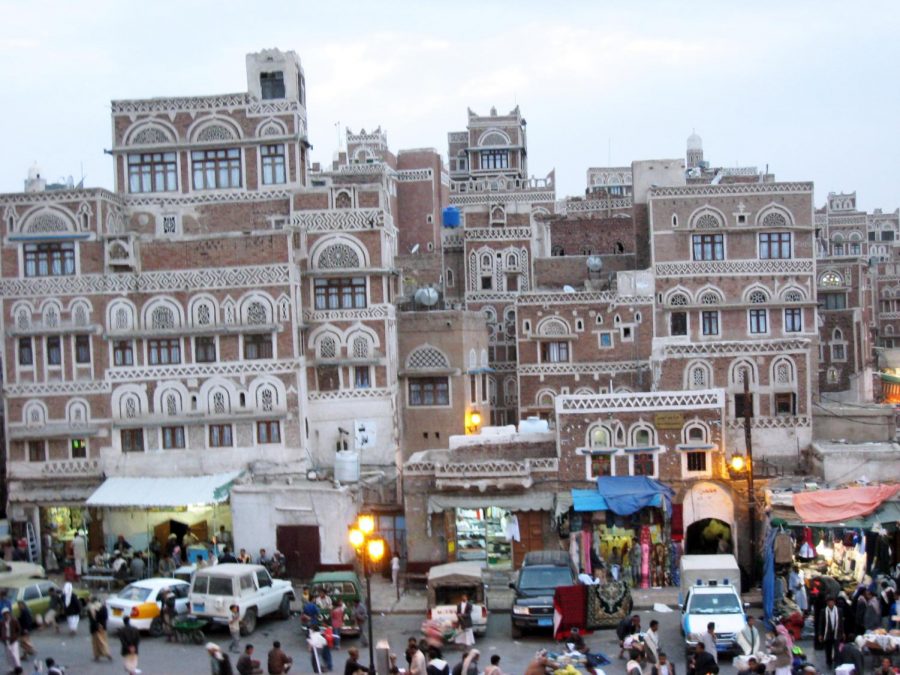







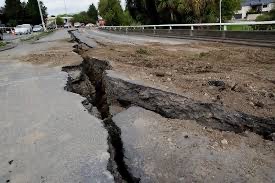
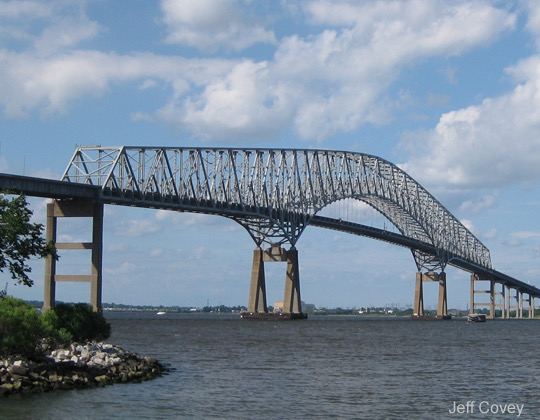
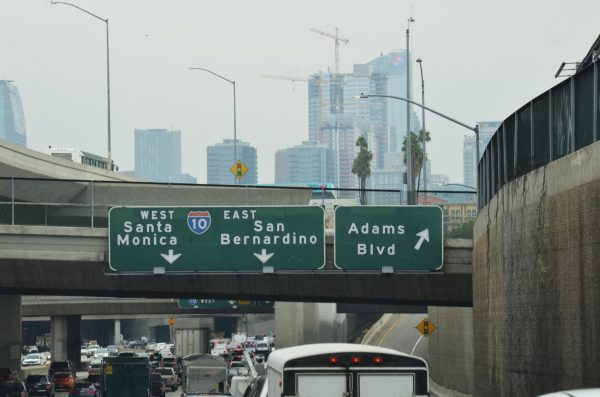
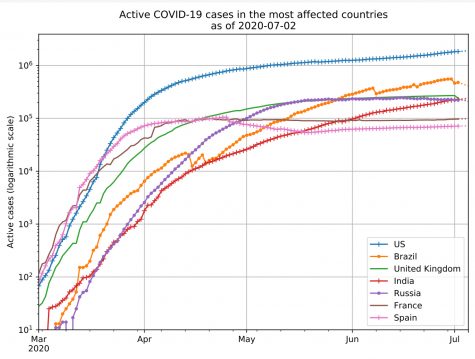

![[ credit to pixabay.com for this image.]](https://parkspantherpress.com/wp-content/uploads/2020/12/AFFD2593-708A-49FA-96A4-A0F4FE4A10A0_4_5005_c-475x317.jpeg)
